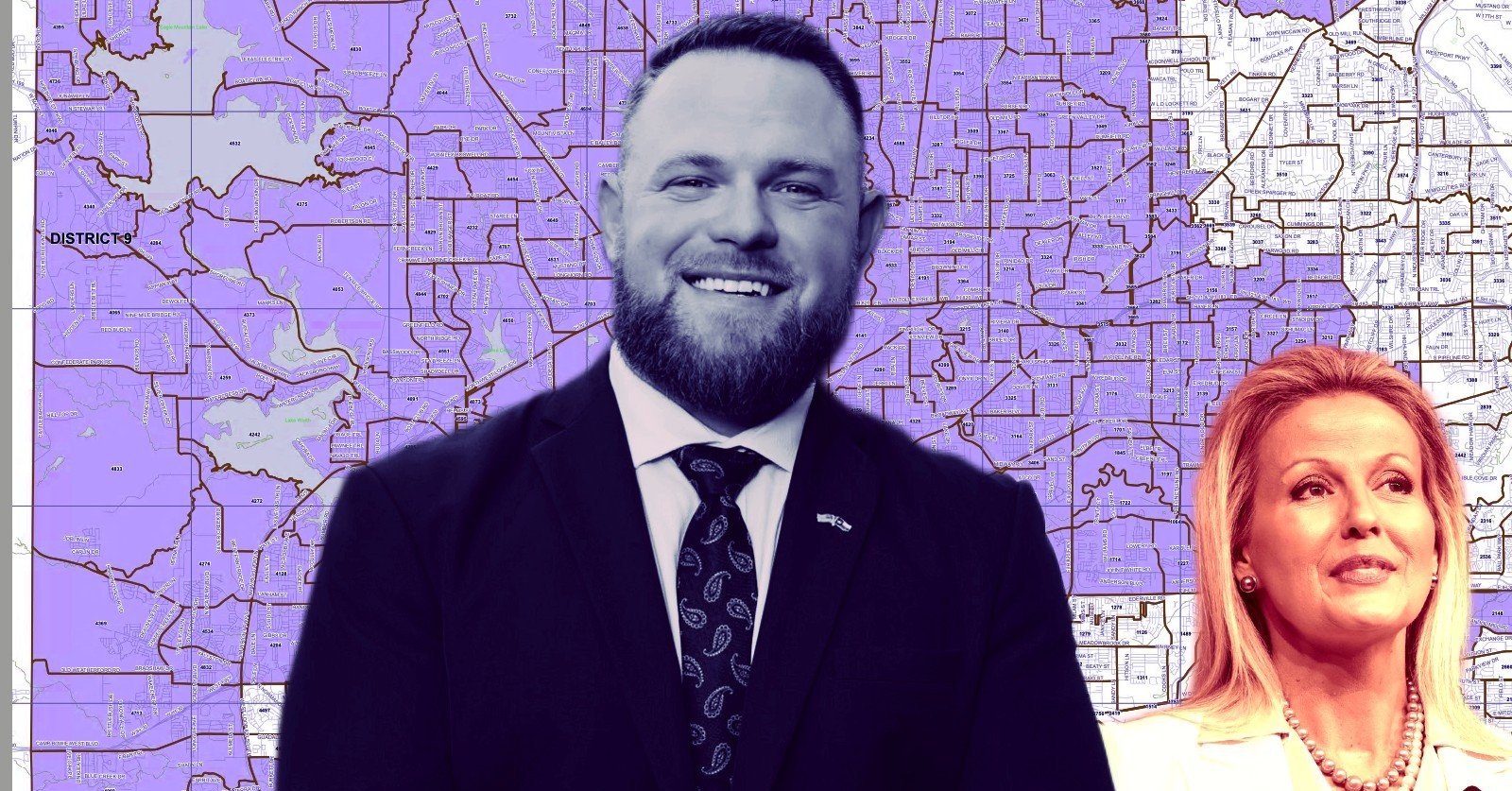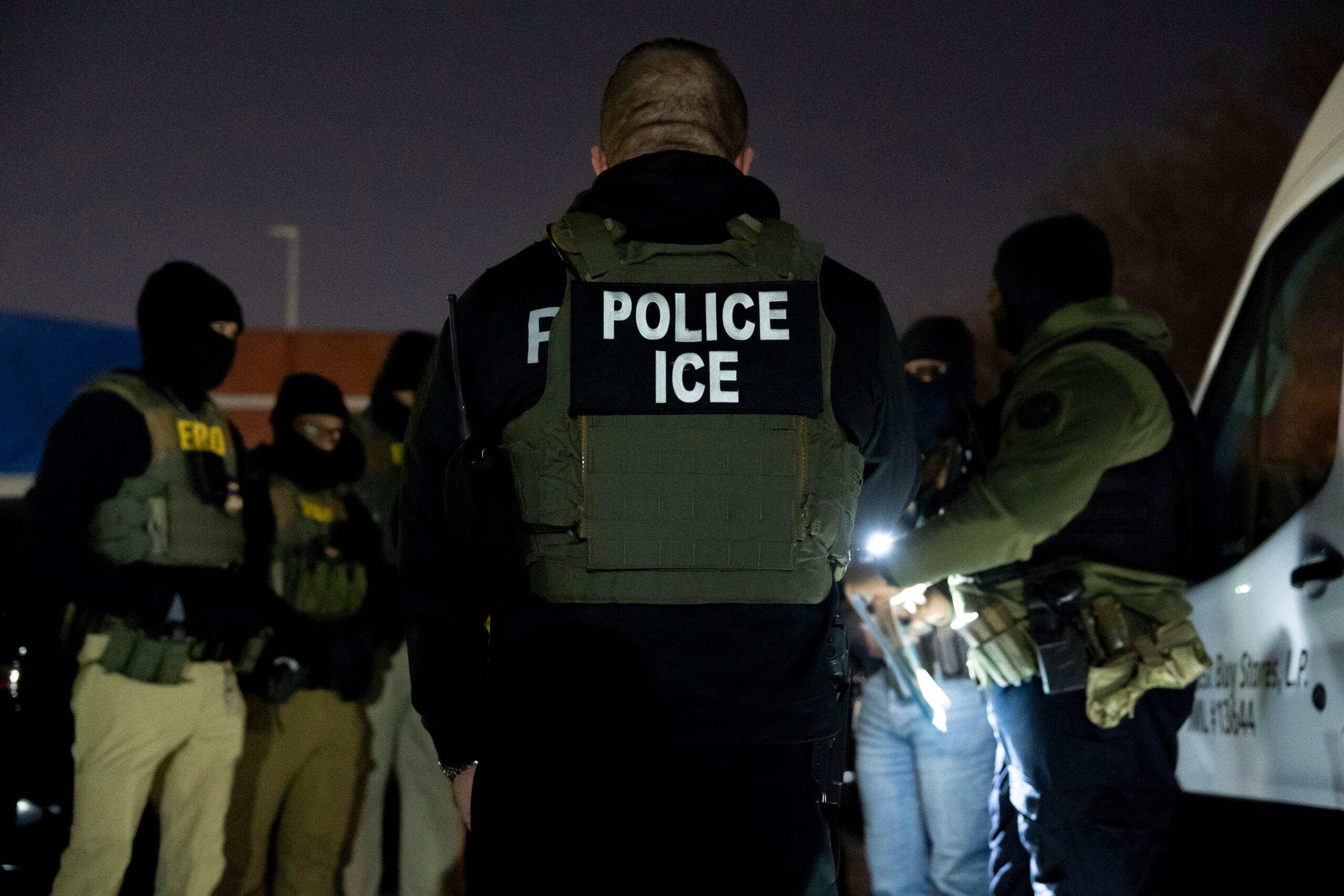ustxtxb_obs_1998_06_19_50_00007-00000_000.pdf
Page 31
SMALL VICTORIES David Dow replies: Wow. If Michael Mello spends this much paper replying to all the negative reviews of his book, he is killing more trees than Texasis executing inmates. Being a careful reader, I realize that Mello says that his usual response to reviews that pan his book is not to respond to them, but frankly, I don’t believe him. Mello quotes a couple of sentences from my review of his book. One he didn’t quote was my characterization of his book as “nothing but a rant.” I am tempted, in response to his letter, to say “Q.E.D.” and leave it at that. But he is so egregiously wrong about several important facts that the temptation is worth resisting. First, Mello is confused about the goal of lawyers who represent death-row inmates. In an ideal world there would be no murders. In a next-to-ideal world there would be no constitutional violations in death penalty trials, and any that occurred would quickly be remedied. But we live in a world that is pretty far down on the scale of ideal. Part of what lawyers do, of course, is help push the world toward the ideal, but part of what they do is represent clients in the world we live in. In the world we live in, there are murders every day and thousands of murderers on death row. Many of these death-row inmates hope to escape the death penalty. The innocent few hope to escape prison altogether. But many of these inmates know that they will be unable to escape execution. Yet they appeal anyway. Why? For the simple reason that even those inmates who know they will get executed still want to live a little longer. Pursuing appeals hoping to win relief for constitutional violations permits them to do that. Maybe Mello’s idea of justice is that we should just let all those folks die swiftly, because that would better serve some larger goal. How or why this miracle will occur is something Mello doesn’t really illuminate. As my review of his book made clear, lawyers representing death-row inmates lose all the time, by which I mean that their clients eventually get executed. But they also win quite a few intermediate victories, meaning that their clients live years longer than they would without lawyers. I recently lost a client who lived for six additional years while I represented him; when I took his case he was scheduled to die in a week. When a lawyer prolongs the life of his client, he gives that client a small chance of escaping death row entirely, but he also gives that client additional years to visit his wife and children and parents and siblings, to read and write and make prison art. It is not an ideal life in prison, but it is a human life, and it is honorable for lawyers to try to extend it. It is honorable for lawyers to insist that the State play by the rules, even if the State persistently cheats and the courts seem indifferent to this cheating. It is honorable because the lawyer’s duty is to pursue justice, no matter how elusive justice may seem. It would be refreshing if Mello would just concede that he is tired of the chase rather than masking his fatigue as an epiphany. Second, although it is true that hostile courts and a hostile Congress have made it increasingly difficult for death row inmates to prevail in their legal claims, the fact of the matter is that in the last two decades, death-row inmates have prevailed in their federal habeas challenges a quarter of the time. One out of four. True, a big part of the reason for this misleadingly sanguine statistic is that death-row inmates were successful over half the time through the mid 1980s; the likelihood of victory has plummeted in the wake of a federal judiciary heavily populated by Reagan or Bush appointees who care less about the Constitution than the acceleration of executions. But the point is that lawyers have occasionally succeeded. Clarence Brandley \(whom Mello misidentifies in his book as whom Mello says has been absolved without even mentioning the efforts of Adams’ whom Mello does not mento the efforts of their lawyers. Okay now we have identified a benefit of participating in the system. The cost of not participating is the execution of three innocent men. Let’s grant, for the sake of argument, Mello’s claim that the system is “rigged against our clients.” Is the question of whether it would be better to allow Brandley and Adams and Aldape Guerra to die somehow rendered difficult by the fact that the system often cheats? Maybe the calculus presents a close call for Mello. It does not for me. And we haven’t even counted the inmates who have had their death sentences replaced with a life sentence. We haven’t counted the hundreds of inmates who have had their lives extended. We haven’t counted the additional time they have had with their loved ones. Mello seems not to know what it is to be a lawyer, which is bad enough. Yet he also seems not to know what it is to be a human being. Finally, Mello makes the mistake of stooping to that favorite tactic of authors whose books receive negative reviews: He actually has the audacity to suggest that I didn’t even read the book. I can only wish. He says I have a’tin ear and explains that his twenty-six-page paragraph is a literary device called “stream of consciousness.” Really? Permit me the indulgence of quoting my review: of Chapter Three, I wrote, “a single stream of consciousness paragraph goes on for I kid you not twenty-six pages.” Oops. So who is the one who isn’t reading? \(Also, the review does not say that I worked for the Texas Resource Center; it says that I worked with lawyers from that office; If Mello thinks that a decision by lawyers like me not to participate in the system is going to trigger the end of the system as we know it, then he is just delusional, pure and simple. History proves that apathy and withdrawal do not bring about change. Wherever there has been reform, there has been persistence, not surrender. Where I differ from Mello, in the end, is that I believe that a lawyer, like any moral agent, has a responsibility to struggle against injustice rather than to define the struggle as part of the problem. That is all the more so when the reward of victory, no matter how infrequent, is a human life. Our political system is not ideal, but that does not mean that it is morally superior not to vote. Our budget priorities are not ideal, but that does not mean that it is morally preferable to cheat on one’s taxes. Our death penalty system is not ideal either, but Mello still has not figured out that that does not justify his puerile and self-indulgent advocacy of a strategy that sacrifices human lives. David Dow is a professor of law at the University of Houston Law Center, and represented more than twenty death-row prisoners in their habeas corpus appeals, from 1989 to 1997. JUNE 19, 1998 THE TEXAS OBSERVER 7


